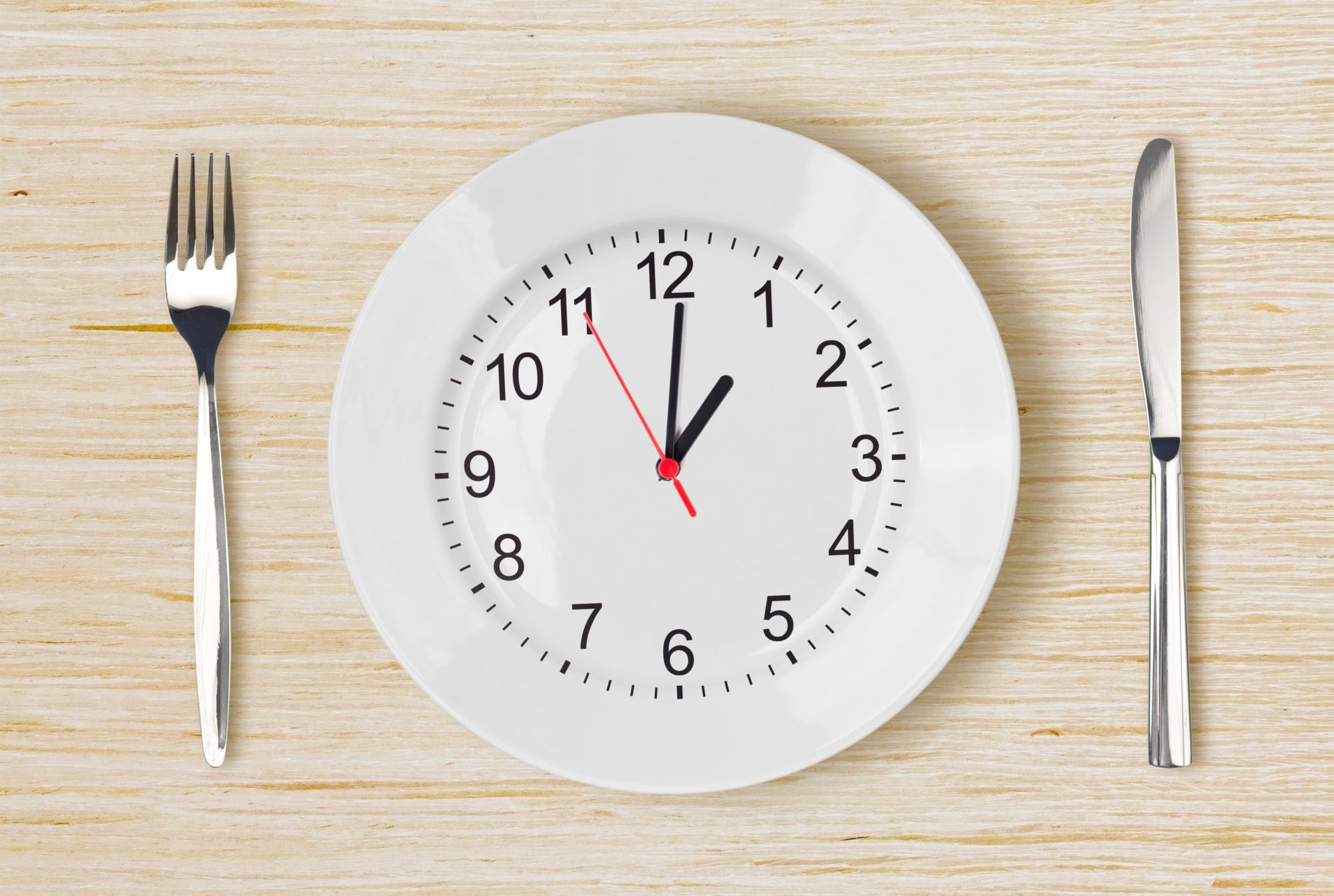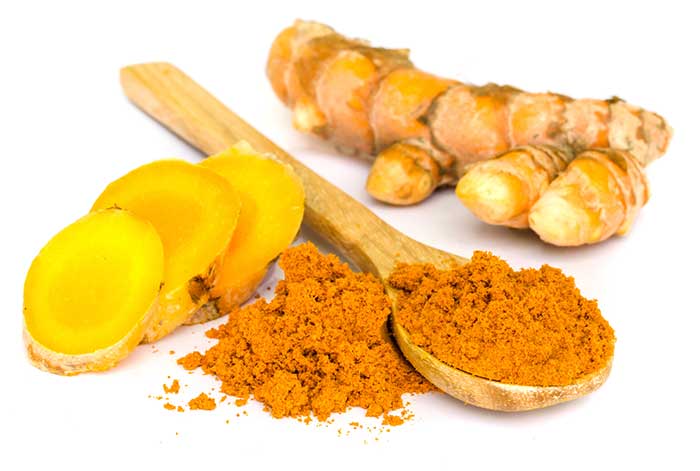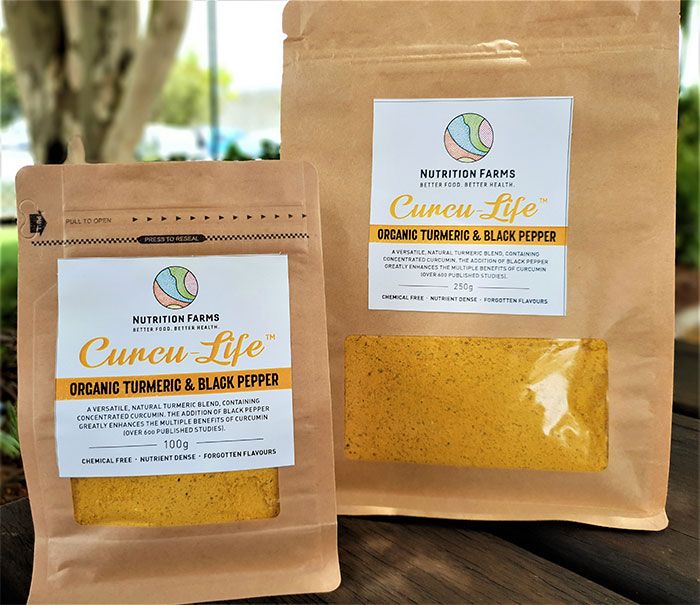Autophagy - The Most Powerful Longevity Tool

Have you ever wondered why fasting is an institutionalised health strategy in several cultures? Think Ramadan for the Muslim culture, or Yom Kippur for the Jewish. As is almost always the case, there is traditional wisdom driving these rituals.
The first, common sense thing to recognise is the fact that digestion is the most energy-intensive process in the human body. When we stop digestion during fasting, that energy goes elsewhere and our detoxification and immune systems are often the recipients.
However, we now understand that there is more than just redirected energy involved in the fasting process. This is one of multiple findings from a dynamic new science fuelled by a health-hungry demographic. That demographic is, of course, the baby boomers.
The relative peace and prosperity of the 1950s spawned an influx of births, which today makes up the large number of 60 to 80 year-olds in our society. These people are often cashed up and enjoying their golden years, and this has driven a desire to live longer, with the associated impetus to support research that might offer insights into that potential life extension. The science of longevity is now a booming business, and this science has determined that fasting is one of our most powerful longevity tools.
When we contemplate fasting, it is common to envisage hardcore water fasting, where ten days of relative starvation hopefully produces a worthwhile outcome. This strategy requires a huge dose of self discipline, and the side effects can often provide a fairly rugged cleansing journey, often involving headaches and nausea.
The exciting news from longevity researchers is that a practice called intermittent fasting may well offer similar benefits to the starvation method, but it is obviously much less arduous.
Some of you are about to learn a new word that may well prove a game-changer for your own health, happiness and longevity. I’m not just talking about the boomers here. This is hugely relevant to every one of us, and it may well be amongst the most important things I’ve shared to date. So what is this new, life-changing word?
The word is “autophagy”. It is derived from the Greek, auto meaning “self” and phagein meaning “to eat”. So, the term refers literally to “eating oneself”, which sounds cannibalistic, but it doesn’t refer to the urge to desperately chomp on your own arm when stuck in a lift for a few hours.
The discovery of autophagy and its mechanics have generated two Nobel prizes and you will soon understand why.
Autophagy is a cell cleansing process, first discovered in 1962, where old and dysfunctional cell components are identified and literally gobbled up. Autophagy is a hugely important process which helps counteract the accumulation of old and damaged cell components (organelles) associated with ageing and age-related diseases.
One great example is the misfolded proteins, so commonly found in Alzheimer’s disease. These proteins accumulate to form amyloid plaques that mess with communication between brain cells. Autophagy offers major protection against neurodegenerative diseases by removing this offending rubbish. The increased brain clarity, so commonly noted during fasting, is related to this cleansing phenomenon. When one in four of us over 65 now succumb to the “great forgetting” and its miserable aftermath, you begin to understand the importance of what you are about to discover.
It turns out that it is counterproductive to be constantly well-fed. We are in the midst of an obesity epidemic in the developed world, partially due to the easy availability of food on a 24/7 basis. However, this story involves more than weight gains and their consequences. Here’s how it works.
In a well-fed state, your cells are in constant growth mode. This can actually have dire consequences, particularly relative to cancer. In the presence of abundant food, the insulin signalling and mTOR pathways that tell the cell to grow, divide and synthesise proteins, are constantly active. What is mTOR, I hear you thinking? It refers to “the mammalian target of rapamycin”, which sounds more like a rampaging flesh-eating reptile than an important bodily function. In fact, this cell-signalling system drives cell growth and protein formation. When it is constantly active in the presence of abundant carbohydrates and proteins, mTOR effectively shuts down an essential cell cleansing process, called autophagy.
There is a brake to the mTOR accelerator and it is called AMPK. When you fast or exercise, or both, you switch on the AMPK pathway, which puts the cell in protective mode and inhibits mTOR. AMPK also activates autophagy.
Understand that you are a community of ten trillion cells, and when autophagy activates, your body can identify, destroy and replace faulty mechanics within those cells. Without autophagy, you’re effectively running the amazing machine called the human body without any servicing. I’m sure you’re aware of what happens to farm machinery in that scenario. I wish I had thought a little more about that likely outcome before committing to $400,000 of neglected machinery that came with my latest farm purchase. I’m now constantly frowning at a flood of bills, but my mechanic is definitely smiling.
The decline linked to ageing can be strongly linked to the absence of autophagy, in an overfed world. We are talking about comprehensive research linking poor autophagy to Alzheimer’s disease, Parkinson’s, type 2 diabetes, atherosclerosis, fatty liver disease, stroke, CHD, cancer, obesity and polycystic kidney disease.
It is now understood that fasting can activate autophagy, while also increasing the release of Human Growth Hormone. This is the anti-aging hormone that impacts multiple bodily systems for the better. It is a wonderful win/win scenario. So, let’s look at the dynamics of fasting, relative to these two highly desirable, regenerative outcomes.
Intermittent fasting can restore the balance between cell growth and cell cleansing that is so lacking in our ocean of abundance.
How long does it take without food for autophagy to kick in? A comprehensive 2017 study by Yang et al, determined that the magic number was 14 hours. That’s why the popular strategy of one day per week of fasting can be of benefit. 5:2 fasting, where calorie restriction is practiced for two days each week, can be an invaluable weight loss tool, but it does not kick in autophagy.
There is a growing body of research that suggests that 16:8 fasting may be the best option. This involves a 16-hour fast every day of the week. Here, you complete your last meal at 6:30pm and recommence with a well deserved brunch at 10:30am the following morning. There are 16 hours of abstinence and 8 hours where you can consume food. There is very little willpower and sacrifice involved here, so it is much more likely that you will do it.
Guidelines to Optimise Autophagy
Here are some guidelines to maximise this critical cleansing process;
1) Autophagy can be further fast-tracked with exercise and diet. The most effective exercise is a form of interval training called Peak 8. This 20-minute protocol, practiced no more than three times a week, has been shown to dramatically increase release of human growth hormone from the pituitary gland, where it is trapped. It was once thought that we stopped producing this longevity hormone as we aged, but it is now understood that we simply stop releasing it from the pituitary gland. It is a super beneficial strategy to learn techniques to release this precious lode.
In fact, one study looking at Peak 8 revealed an increase in blood levels of Human Growth Hormone of 560%.
Human Growth Hormone is often called the “youth hormone” or the “happiness hormone”, due to the sense of wellbeing it can confer.
This interval training concept was discovered by sports scientists working with elite sprinters. It is a form of anaerobic exercise, which involves short bursts of energy followed by a recovery period.

Here’s how you do it. It can be out on the paddock, in the park, or on an exercise bike. If you chose the running version, you briskly walk out to the sprint site for two minutes. Then you run as hard as you can run for 30 seconds. You must be gasping like a fish out of water after that sprint, and then you have 90 seconds recovery time. If you have not gotten your breath back during that recovery period then you should not continue the process. This slow recovery indicates you are lacking sufficient fitness, and you might just kill yourself if you continue.
Let your breath be your guide. If your breathing has returned to normal after that first sprint, then you repeat the 30 second sprint followed by 90 seconds recovery seven more times for a total of 8 cycles (hence the name Peak 8). Those 8 cycles take a total of 16 minutes, then you spend a further two minutes walking home.
This 20-minute exercise should be completed 3 times per week. It is counterproductive to practice Peak 8 for more than one hour (three sessions) each week. Human Growth Hormone targets fat cells like a heat-seeking missile, but it also provides a host of other benefits. These include increased muscle tone, increased protein synthesis, enhanced bone strength, improved lipolysis (the breakdown of fats, with obvious implications for CHD), immune stimulation, better pancreatic health and improved weight management. That’s a big bundle of benefits even before we factor in the multiple gains linked to cell cleansing, through autophagy.
2) It is important to realise that autophagy can only happen in the complete absence of food. You can’t cheat with the tiniest of snacks, because it is the response to no food that initiates this maintenance process. The cleansing ceases the moment any carbohydrate, protein or fat is consumed.
3) There are some foods and drinks that have been shown to increase autophagy and, interestingly, coffee is one of those. However, it can not contain sugar, milk or milk substitutes. Even sugar substitutes are forbidden, as they have been shown to trigger glucose sensors and negatively impact autophagy.
4) Red wine contains a powerful polyphenol called resveratrol, and a 1997 study by Yuan et al demonstrated that one glass per day is the optimal dose. Incidentally, that glass should not be one of those giant balloon glasses, housing a full bottle of wine. 200 mL is the maximum dose before the alcohol negates the phenolic benefits.
5) Green tea is awash with polyphenols. In fact, it has over 4000 bioactive components. The most important of these is a group called catechins. A 2019 study by Prasanth et al demonstrated that green tea polyphenols induce autopathy. The most important catechin is called epigallocatechin gallate. A comprehensive 2009 review by a researcher named Thielecke revealed that this remarkable antioxidant can combat insulin resistance, fatty liver, lung cancer and type 2 diabetes. Sounds like a good reason to build a little green tea into your dietary habits!
6) Perhaps the most powerful of the autophagy-enhancers is the active ingredient of the popular yellow spice, turmeric. Curcumin has been the subject of over 600 published studies during the past few years and the findings have been nothing short of amazing. Curcumin has been described as “the most powerful anti-inflammatory ever researched” and it has been found to help counter some of our largest killers. These include CHD, stroke, arthritis, Alzheimer’s disease, type 2 diabetes and cancer.

In 2016, scientist de Oliveira and colleagues found that curcumin is particularly powerful in activating mitophagy, which is autophagy in the energy-generating centre of our cells, called mitochondria. It is obviously of benefit for us to cleanse and maintain these little power plants, in the face of what amounts to a low energy plague across the globe. How many of us desire more energy, but have never considered that a little dietary denial might be the key.
There is one really important consideration relative to curcumin. This substance is quite poorly absorbed by our bodies and it really needs some help. That help comes in the form of black pepper, and one of its highly active components, piperine.
The next time in a restaurant when a waiter, wielding a wooden pepper grinder, asks if you would like some of this spice on your meal – your answer should be “yes thanks, I’ll have plenty”.
Piperine increases the nutritional uptake of everything on your plate. Pepper is a tiny, antioxidant-packed berry. When we dry down that berry to a peppercorn, we effectively quadruple the antioxidant value. Piperine is an alkaloid that provides the pungency for which black pepper is renowned. While it has been shown to have anti-inflammatory benefits in its own right, it is magically transformative when combined with turmeric. There is a well-researched 20-fold increase in the uptake and utilisation of curcumin, linked to the inclusion of piperine.
I can’t help but advertise one of our Nutrition Farms products at this point. We have taken nutrient-dense, chemical-free turmeric, which I have personally grown and nurtured, and had it gently freeze-dried at a local facility. Then, we have added organic, milled black pepper into the mix at the rate at which it is researched to be most effective. That product, available at NTS Health, is called Curcu-Life™, and it is one of my personal favourites.

Let’s have a closer look at the proven benefits of autophagy.
Many of our degenerative diseases are characterised by excessive growth, including atherosclerosis, cancer and polycystic ovary syndrome. It is fascinating to think that we can treat these diseases with dietary interventions rather than symptom-treating drugs. Fasting-induced autophagy can also repair age-related defects in our cells, so it has a multi-levelled potential.
Alzheimer’s and Parkinson’s are characterised by toxic proteins that stick to neurons in the brain. Li et al, in 2017, showed that autophagy in the brain slows significantly in the early stages of dementia. Conversely, a study by Raefsky and his colleagues, five years ago, demonstrated that fasting can initiate autophagy in the brain and protect from these neurodegenerative diseases.
Both fasting and resveratrol-induced autophagy have increased life expectancy in several studies. In one example, where scientists removed genes responsible for autophagy, there was no measurable benefit from either fasting or resveratrol.
In 2017, Yang et al demonstrated that autophagy repairs damaged proteins that contribute to tumor formation, in a process known as “the tumor suppressor effect”. Furthermore, in 2018, Antunes et al published studies showing that intermittent fasting may contribute to the effectiveness of cancer therapies, while also protecting healthy cells.
Yang and his colleagues also showed that autophagy protects insulin-producing beta cells in the pancreas. In fact, it is now theorized that impaired autophagy may well be a root cause of this truly rampant disease. Type 2 diabetes is now often referred to as “the coming plague”, as it is suggested that one in three of us are pre-diabetic. In 2005, Halberg et al showed that intermittent fasting can reverse insulin sensitivity.
I don’t know about you, but at this point I am pretty much planning my 16:8 fasting protocol.
Studies have also shown that autophagy can help counter age-related muscle atrophy and improve the muscle to fat ratio. It can also cleanse and recycle dysfunctional bone cells with considerable import for osteoporosis.
And finally, In 2017, Arasaki et al proved that autophagy can significantly reduce cardiovascular diseases. CHD remains our largest killer, and most of us understand that it is largely related to excesses. The replacement of damaged organelles and proteins in heart cells is of obvious benefit.
OK, I have now definitely convinced myself that this is a hugely important strategy and that it should become part of my wellness protocol.
Here’s how I will proceed:
My evening meal, which will conclude at 6:30pm each night, will include a glass of red wine. Before that meal I will have a tablespoon of Curcu-Life™ in a glass of our delicious new apple juice from Nutrition Farms.
In the morning I will begin the day with a cup of black, unsweetened coffee, and follow that up with two cups of green tea during the morning.
Three times a week, before brunch, I will practice Peak 8 for 20 minutes, to further fast-track both autophagy and the release of human growth hormone.
At 10:30am I’ll savour a healthy brunch accompanied by another coffee. Next time you hear from me, the age reversal will be so profound, I may even be in nappies, he he! Seriously though, these findings, associated with a relatively painless change to eating habits, are quite mind boggling, and they offer us the chance to reclaim responsibility for our own wellbeing without a major sacrifice.
